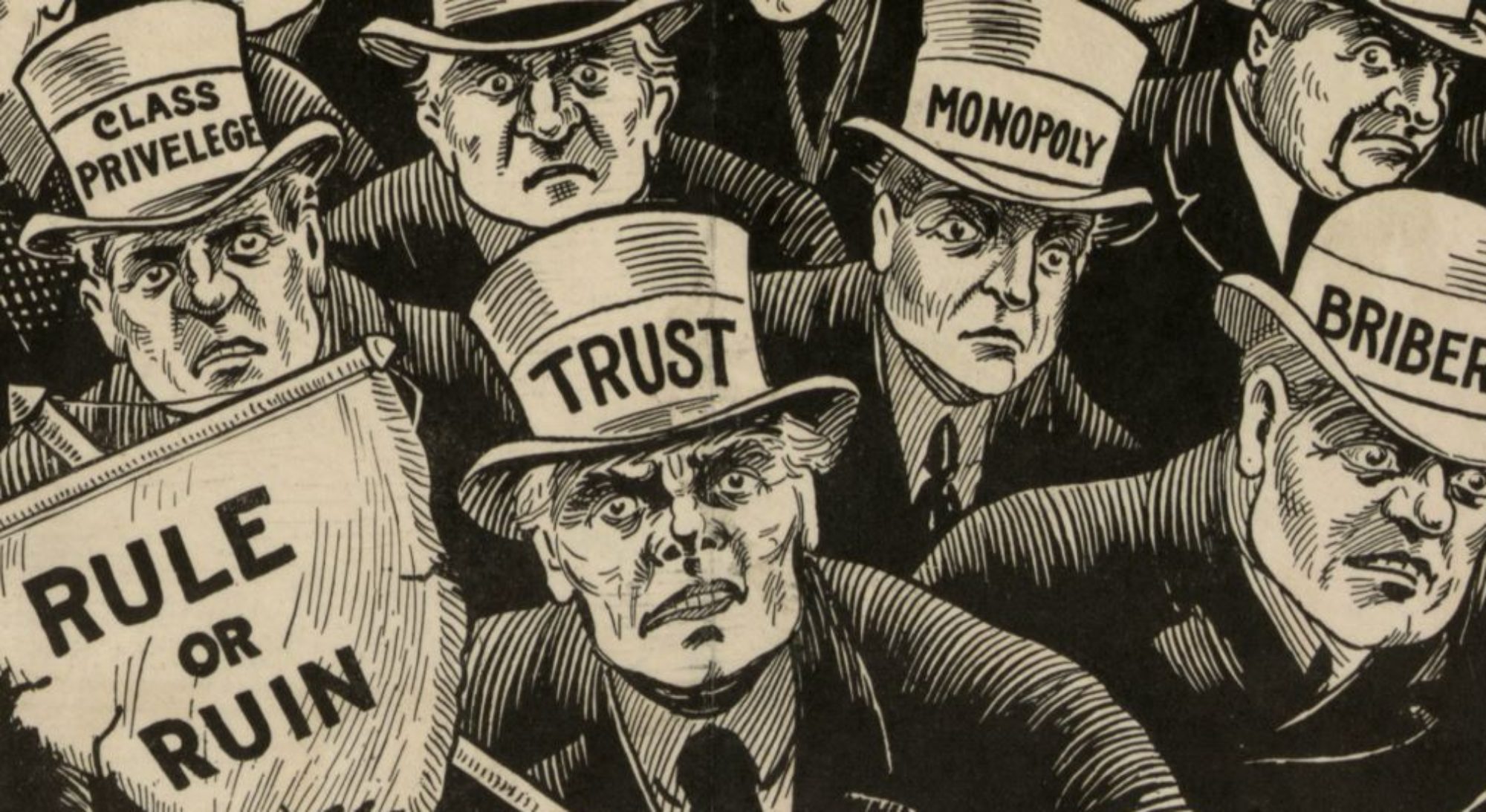… between the state, which is lavish with impossible promises, and the public, which has conceived unrealizable expectations, two classes of men intervene: the ambitious and the utopian. Their role is completely prescribed for them by the situation. It suffices for these demagogues to cry into the ears of the people: "Those in power are deceiving you; if we were in their place, we would overwhelm you with benefits and free you from taxes."
And the people believe, and the people hope, and the people make a revolution.
Its friends are no sooner in charge of things than they are called on to make good their promises: "Give me a job, then, bread, relief, credit, education, and colonies," say the people, "and at the same time, in keeping with your promises, deliver me from the burden of taxation."
The new state is no less embarrassed than the old, for, when it comes to the impossible, one can, indeed, make promises, but one cannot keep them. It tries to gain time, which it needs to bring its vast projects to fruition. At first it makes a few timid attempts; on the one hand, it extends primary education a little; on the other, it reduces somewhat the tax on beverages (1830). But it is always confronted with the same contradiction: if it wishes to be philanthropic, it must continue to levy taxes; and if it renounces taxation, it must also renounce philanthropy.
Bastiat, Frédéric, Selected Essays on Political Economy. Seymour Cain, trans. 1995. Library of Economics and Liberty. 19 September 2009. http://www.econlib.org/library/Bastiat/basEss5.html.
